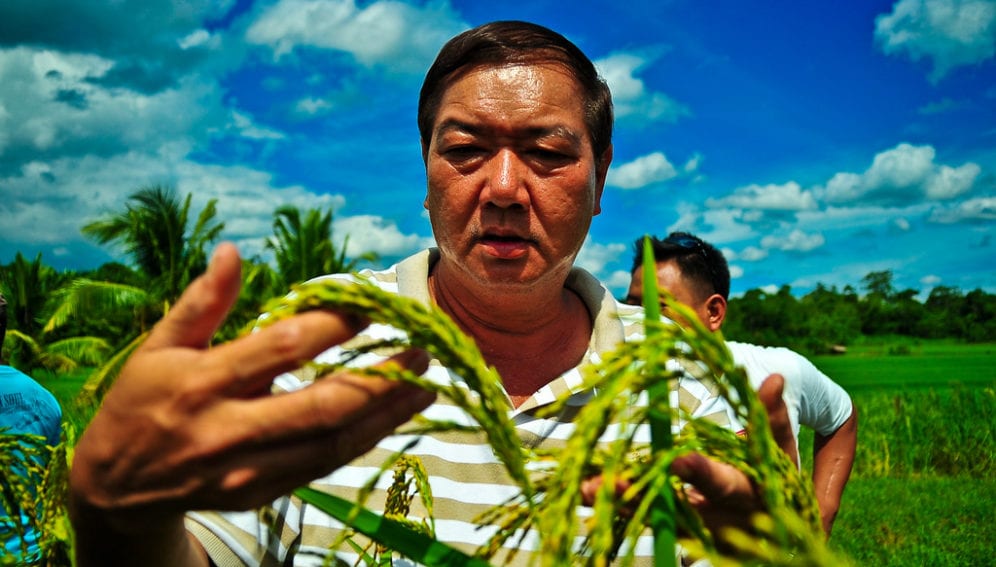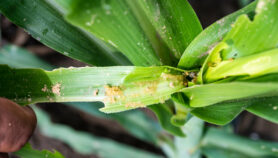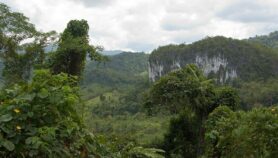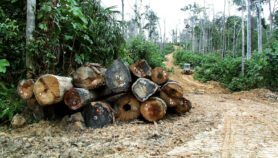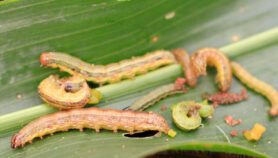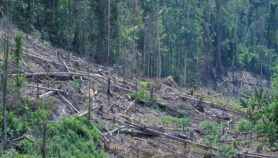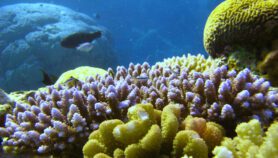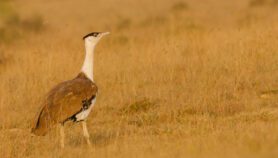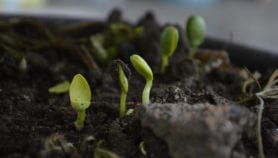Send to a friend
The details you provide on this page will not be used to send unsolicited email, and will not be sold to a 3rd party. See privacy policy.
[MANILA] More exploration is needed to discover new wild varieties of rice, before they are lost to science forever, heard the 7th International Rice Genetics Symposium held this week (5-8 November) in Manila, the Philippines.
There are still many unexplored places and a danger of losing undiscovered rice species that “might be very important for future rice” breakthroughs, said Robert Henry, director of the research institute Queensland Alliance for Agriculture and Food Innovation.
“We should conserve what we can, to collect and store the rice seeds. But we also need to preserve some of the habitat because just keeping the seeds isn’t enough because we need the greater diversity of rice in its natural habitat.”
Robert Henry, Queensland Alliance for Agriculture and Food Innovation
Henry, who was speaking at the symposium organised by the International Rice Research Institute (IRRI), said a lot of biodiversity is being lost because of the rapid pace of development. This means exploration is in a race with this biodiversity loss.
His research group presented a “case for possible two new [rice] species in Australia”.
“They are not yet formally described scientifically but I have presented the evidence [mainly from DNA],” he said.
He added that there could be greater chances of finding new species of rice in relatively unexplored places and those that were previously closed to the outside world, like Cambodia, Laos and Myanmar.
Conservation of biodiversity needs international support because rice is an important resource worldwide, he added.
“We should conserve what we can, to collect and store the rice seeds. But we also need to preserve some of the habitat because just keeping the seeds isn’t enough because we need the greater diversity of rice in its natural habitat,” Henry said.
Hei Leung, principal scientist and programme leader on genetic diversity and gene discovery at IRRI, agrees about the importance of exploration.
Unfortunately, few, if any, scientists are actually doing this important research, Leung says.
He says about 117,000 different types of rice are stored in the international gene bank at IRRI, which is only about 25 per cent of the estimated genetic rice diversity.
“We are only using the tip of the iceberg,” he says.
This article was originally posted on SciDev.Net's Global Edition.


